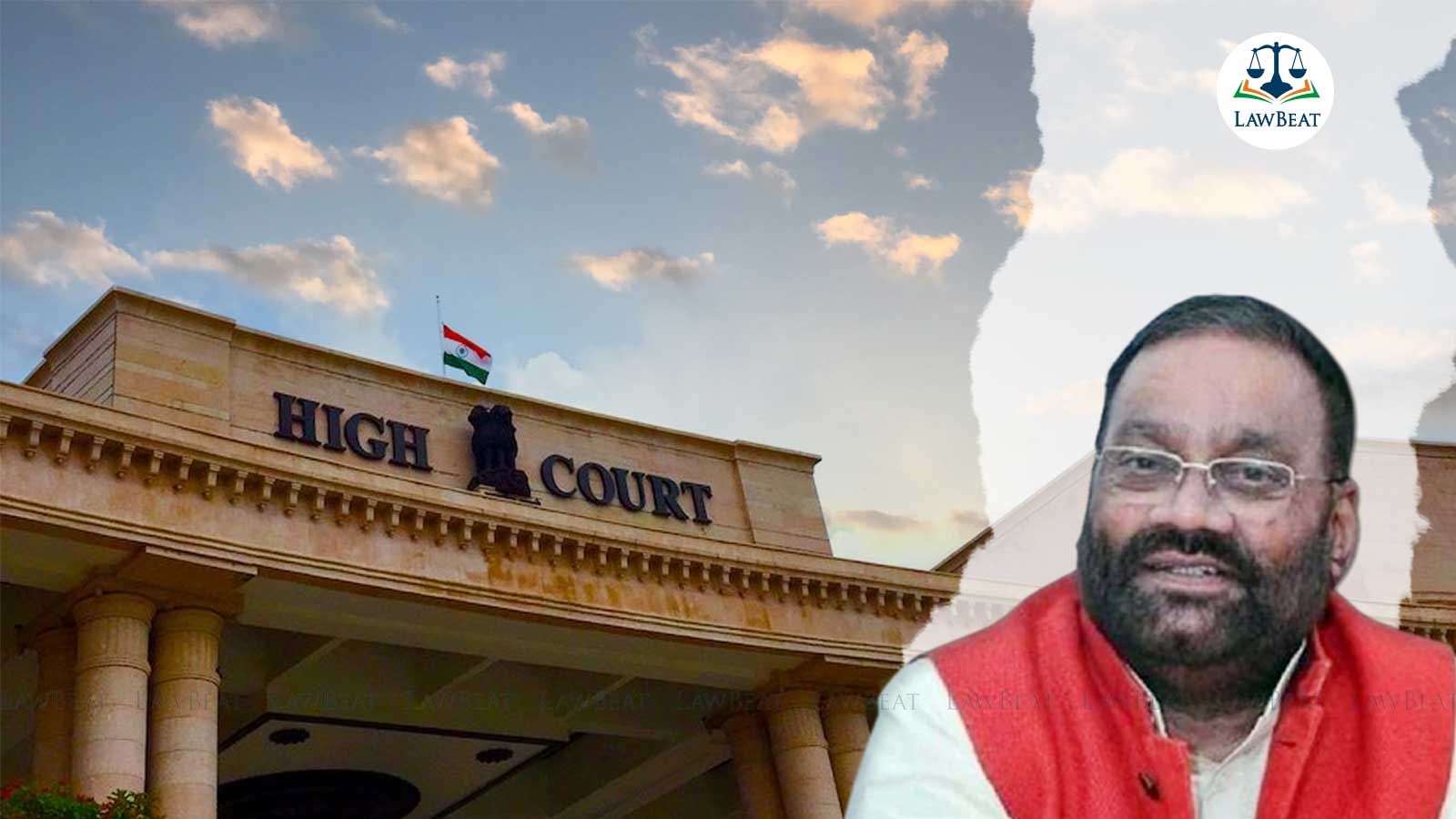Allahabad HC quashes case against MLA Swami Prasad Maurya for alleged hate speech

Allegations against Muarya were that he made objectionable remarks against Hindu gods in Lucknow, in September 2014.
The Allahabad High Court recently quashed the complaint and the summoning order issued against Samajwadi Party MLA Swami Prasad Maurya over his alleged objectionable statement against Hindu gods.
The bench of Justice Subhash Vidyarthi observed that the magistrate court had taken cognizance of the complaint without the previous sanction of the government as required under Section 196 of the Criminal Procedure Code.
Court held that in the absence of such mandatory sanction of the government, the order taking cognizance of the complaint and summoning Maurya to face trial for commission of offence under Section 295A, Indian Penal Code was not sustainable in law.
The proceedings against Maurya were initiated on the basis of a complaint filed by one Advocate Anil Tiwari in November 2014. The allegations against Muarya were that he, a member of the Bahujan Samaj Party (BSP) then, made objectionable remarks against Hindu gods in the state's capital Lucknow, on September 21, 2014.
The court of additional chief judicial magistrate, Sultanpur took cognizance of the complaint and issued summoning order to Muarya to face trial for the offence under Section 295A of the Indian Penal Code.
Maurya challenged the summoning order before the court of District and Sessions Judge, Sultanpur, on the grounds that the news article published in the newspaper was not admissible in evidence and it was merely hearsay evidence and the court at Sultanpur did not have territorial jurisdiction, as the offending statement was made at Sitapur Road, Lucknow.
However, Mauray's revision plea was dismissed in November 2015.
Thereafter, Maurya moved the high court challenging the summoning orders. Maurya's counsel argued that the magistrate court had taken cognizance of the complaint without the mandatory previous sanction of the government, therefore, the summoning order was bad in law.
Though Maurya's petition was opposed by the counsel for the informant on the preliminary ground that the ground raised by the applicant before the high court was neither raised before the trial court nor was it raised before the revisional court and, therefore, it would be proper for the high court to refrain from entertaining the application under Section 482 CrPC.
The high court held that it is settled law that a new plea raising a pure question of law can be raised at any stage and a plea relating to the jurisdiction of the court can also be raised at any stage.
Moreover, court rejected another contention raised by the informant's counsel that the impugned summoning order had been passed on a complaint and there was no need to obtain sanction from the government in case of a private complaint.
Court observed that Section 196 of CrPC clearly prohibits the courts from taking cognizance for the offence punishable under Section 295 IPC except with the previous sanction of the Central Government or of the State Government.
Therefore, court allowed Maurya's plea and quashed the summoning order and the entire proceedings of the complaint.
Case Title: Swami Prasad Maurya v. State Of UP And Another
